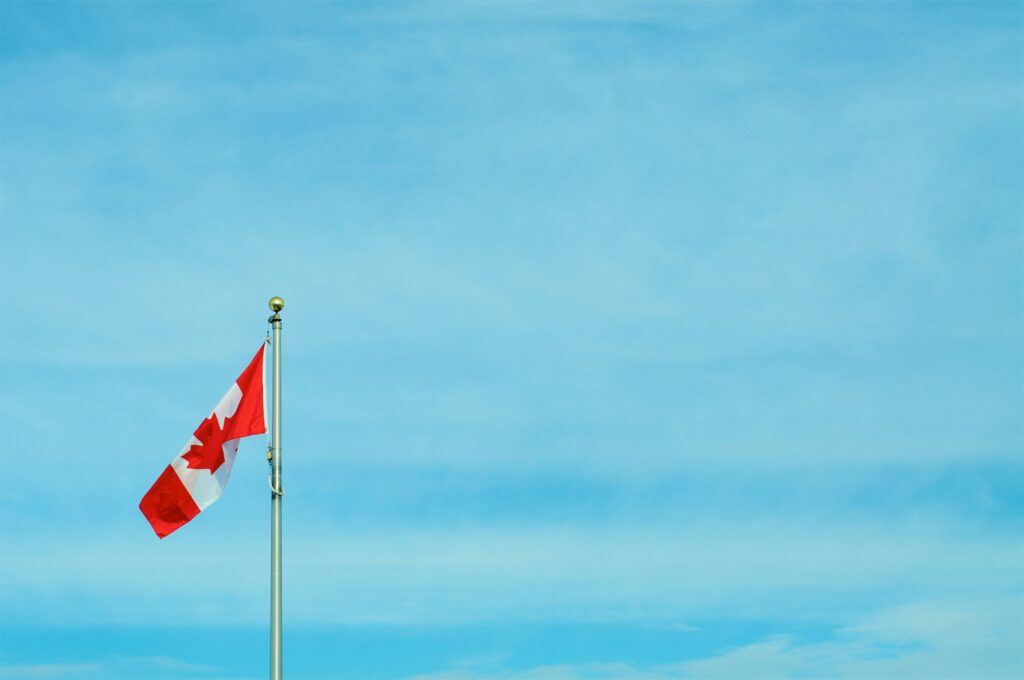Chrystia Freeland launched her leadership campaign with a focus on defending Canada against U.S. trade threats under Donald Trump. She vowed to stand firm on tariffs and emphasized her experience in trade negotiations. The campaign also addresses internal party struggles and domestic issues as she aims to unite the Liberal Party and gain public confidence.
Freeland Positions Herself as Canada’s Defender
Chrystia Freeland kicked off her bid to become Canada’s prime minister, highlighting the economic risks posed by Donald Trump. She emphasized her readiness to defend Canada against aggressive U.S. trade policies.
At her campaign launch in Toronto, Freeland pledged to fight back against any tariffs imposed by Trump’s administration. “If I’m prime minister, Canada will never retreat,” she declared, vowing equal retaliation to protect the nation’s economy.
Freeland pointed to her experience in past trade disputes, portraying herself as a resilient and proven leader who can navigate international challenges.
Internal Party Struggles
Freeland’s resignation as finance minister last month triggered the Liberal leadership race. Her departure, following disagreements with Prime Minister Justin Trudeau over trade strategies, sparked debate within the party.
Mark Carney, her closest rival, has built his campaign on economic expertise and crisis management skills. Carney’s record during the 2008 financial crisis and Brexit negotiations has attracted key endorsements, including support from Foreign Affairs Minister Mélanie Joly.
Freeland must balance distancing herself from Trudeau’s unpopular policies while presenting a new vision for the Liberal Party.
Competing for Public Confidence
Freeland criticized Conservative leader Pierre Poilievre, accusing him of being unfit to handle Trump’s policies. She claimed Poilievre would prioritize personal gains over defending Canada’s interests.
Meanwhile, voters remain focused on domestic concerns, including rising costs and government spending. Freeland acknowledged these challenges and committed to addressing them in her campaign.
Her leadership bid reflects a broader effort to unite the Liberal Party, reassure skeptical voters, and prepare Canada for uncertain global trade dynamics.
